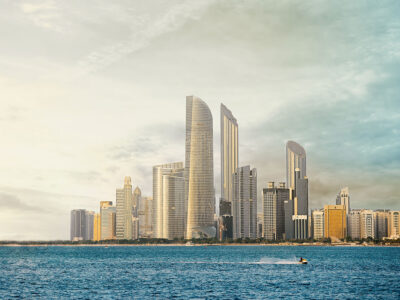Saudi Arabia has urged sick and elderly Muslims not to perform the Hajj pilgrimage this year as the country attempts to control a serious outbreak of the MERS coronovirus, according to AFP.
Those who do make the pilgrimage also were warned to wear face masks while in crowded areas to avoid the contagious disease, which has already killed 38 people in Saudi Arabia.
A statement on the Saudi Ministry of Health website recommends the elderly, those suffering chronic illnesses, such as heart, kidney, respiratory diseases and diabetes, people with immunity deficiency, children and women postpone the Umra or Hajj this year.
The statement does not set an age limit or make it clear whether visas would be denied for such people.
The kingdom already has limited the number of visas to be issued to foreign pilgrims this year because it is renovating and extending the Grand Mosque at Mekkah, Islam’s most holy mosque.
The main pilgrimage season begins in October this year but hundreds of thousands also visit the kingdom during the holy month of Ramadan, which began on July 10.
The ministry also issued a list of recommendations for those who do participate in hajj, which it said were “preventive measures special to the MERS (Middle East Respiratory Syndrome) coronavirus”.
Saudi Arabia is the epicentre of the MERS virus. The first known case was reported in the kingdom in June last year.
A further two deaths announced on Sunday take the death toll to 38 in Saudi Arabia.
There have been a total of 81 cases of infection and 45 deaths worldwide, according to the World Health Organisation.
MERS was initially referred to as the Saudi Arabian SARS-like virus. That virus killed about 800 people in a global outbreak in 2003. It belongs to a family of viruses that most often cause the common cold.
Like SARS, MERS appears to cause a lung infection, with patients suffering from fever, coughing and breathing difficulties, but it also causes rapid kidney failure.








